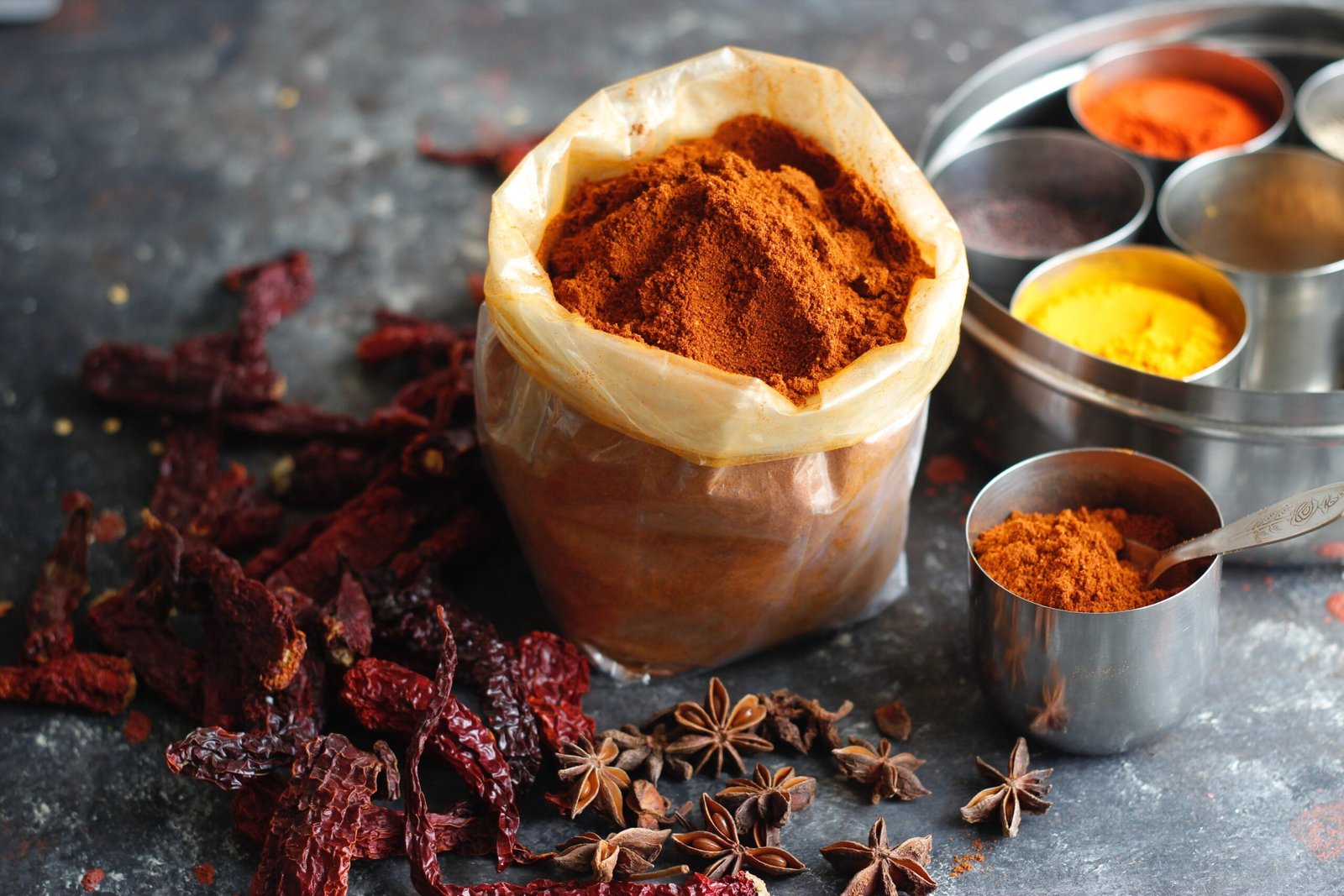🫚 Turmeric is a vibrant yellow spice that has been used for centuries in traditional medicine and cooking. It is derived from the root of the Curcuma longa plant and is known for its distinct flavor and color. In recent years, turmeric has gained popularity for its potential health benefits. In this article, we will explore some of the key health benefits of turmeric.The Health Benefits of Turmeric: Nature’s Golden Spice
1. Anti-inflammatory properties
One of the most well-known benefits of turmeric is its powerful anti-inflammatory properties. Curcumin, the active compound in turmeric, has been shown to reduce inflammation in the body. Chronic inflammation is linked to various health conditions, including heart disease, diabetes, and certain types of cancer. Including turmeric in your diet may help to lower inflammation levels and promote overall health.
2. Antioxidant activity
Turmeric is also rich in antioxidants, which help to protect the body against damage caused by free radicals. Free radicals are unstable molecules that can cause oxidative stress and contribute to the development of chronic diseases. The antioxidants in turmeric help to neutralize these free radicals and reduce the risk of oxidative damage.
3. Improved brain function
Research suggests that turmeric may have positive effects on brain health and function. Curcumin has been found to cross the blood-brain barrier, which allows it to enter the brain and potentially benefit cognitive function. Studies have shown that turmeric may help to improve memory and attention span, as well as reduce the risk of age-related brain diseases such as Alzheimer’s.
4. Heart health
Turmeric may also be beneficial for heart health. It has been shown to improve several risk factors for heart disease, including reducing LDL cholesterol levels, improving blood flow, and reducing inflammation. These effects may help to lower the risk of heart disease and improve overall cardiovascular health.
5. Joint health
For those suffering from joint pain and arthritis, turmeric may offer some relief. The anti-inflammatory properties of curcumin can help to reduce pain and swelling in the joints. Some studies have shown that turmeric extract can be as effective as non-steroidal anti-inflammatory drugs (NSAIDs) in relieving symptoms of arthritis.
6. Digestive health
Turmeric has long been used in traditional medicine to aid digestion. It can help to stimulate the production of bile, which is essential for the breakdown and absorption of fats. Turmeric may also help to reduce symptoms of indigestion, such as bloating and gas.
7. Skin health
The antioxidant and anti-inflammatory properties of turmeric can also benefit the skin. It may help to reduce acne, improve skin tone, and reduce the signs of aging. Some studies have even shown that turmeric extract can help to heal wounds and improve the appearance of scars.
While turmeric offers many potential health benefits, it is important to note that the body may not absorb curcumin very well on its own. Pairing turmeric with black pepper or consuming it with a source of fat can help to enhance absorption. Additionally, it is always a good idea to consult with a healthcare professional before making any significant changes to your diet or taking supplements.
In conclusion, turmeric is a versatile spice with a range of potential health benefits. From its anti-inflammatory and antioxidant properties to its positive effects on brain and heart health, turmeric can be a valuable addition to a healthy diet. Consider incorporating this vibrant spice into your cooking or try adding a turmeric supplement to your daily routine to reap the potential benefits.
Research
Turmeric, often referred to as the “golden spice,” is not just a culinary staple in many cultures but also a potent medicinal herb. Its main active compound, curcumin, has been the subject of extensive research due to its remarkable health benefits. Here’s an overview of why turmeric is considered a powerhouse of health benefits:
1. Anti-Inflammatory and Antioxidant Properties
- Turmeric has significant anti-inflammatory and antioxidant effects. These properties make it effective in managing various conditions involving inflammation and oxidative stress, such as metabolic syndrome, arthritis, and hyperlipidemia (Hewlings & Kalman, 2017).
2. Cardiovascular Health
- The spice is known for its beneficial effects on heart health. It helps in reducing the risk of cardiovascular diseases and assists in managing illness (Munekata et al., 2021).
3. Skin Health
- Turmeric is effective in treating a variety of skin diseases. Its antimicrobial, anti-inflammatory, and antioxidant properties contribute to its therapeutic benefits for skin health (Vaughn, Branum & Sivamani, 2016).
4. Neuroprotective Effects
- Studies have shown that turmeric may play a role in preventing neurodegenerative diseases like Alzheimer’s. Its anti-inflammatory and antioxidant properties contribute to its neuroprotective effects (Thakur, Virk, Sangha & Saxena, 2019).
5. Enhanced Digestive Health
- Turmeric has been used traditionally to treat various digestive disorders. It aids in improving digestion and reducing gut inflammation.
6. Cancer Prevention
- Curcumin in turmeric shows potential in cancer prevention. It’s known to affect several biological pathways involved in mutagenesis, oncogene expression, cell cycle regulation, apoptosis, tumorigenesis, and metastasis (Seth, Agarwal & Rahman, 2022).
7. Liver Health
- Turmeric is beneficial for liver health, helping in detoxification and maintaining liver function.
Conclusion
Turmeric’s curcumin offers a plethora of health benefits, from anti-inflammatory and antioxidant effects to potential roles in cancer prevention and skin health. Incorporating turmeric into your diet can be a natural way to bolster overall health and well-being. While more research is needed to fully understand its mechanisms, the existing evidence underscores turmeric’s significant role in traditional and modern medicine.
